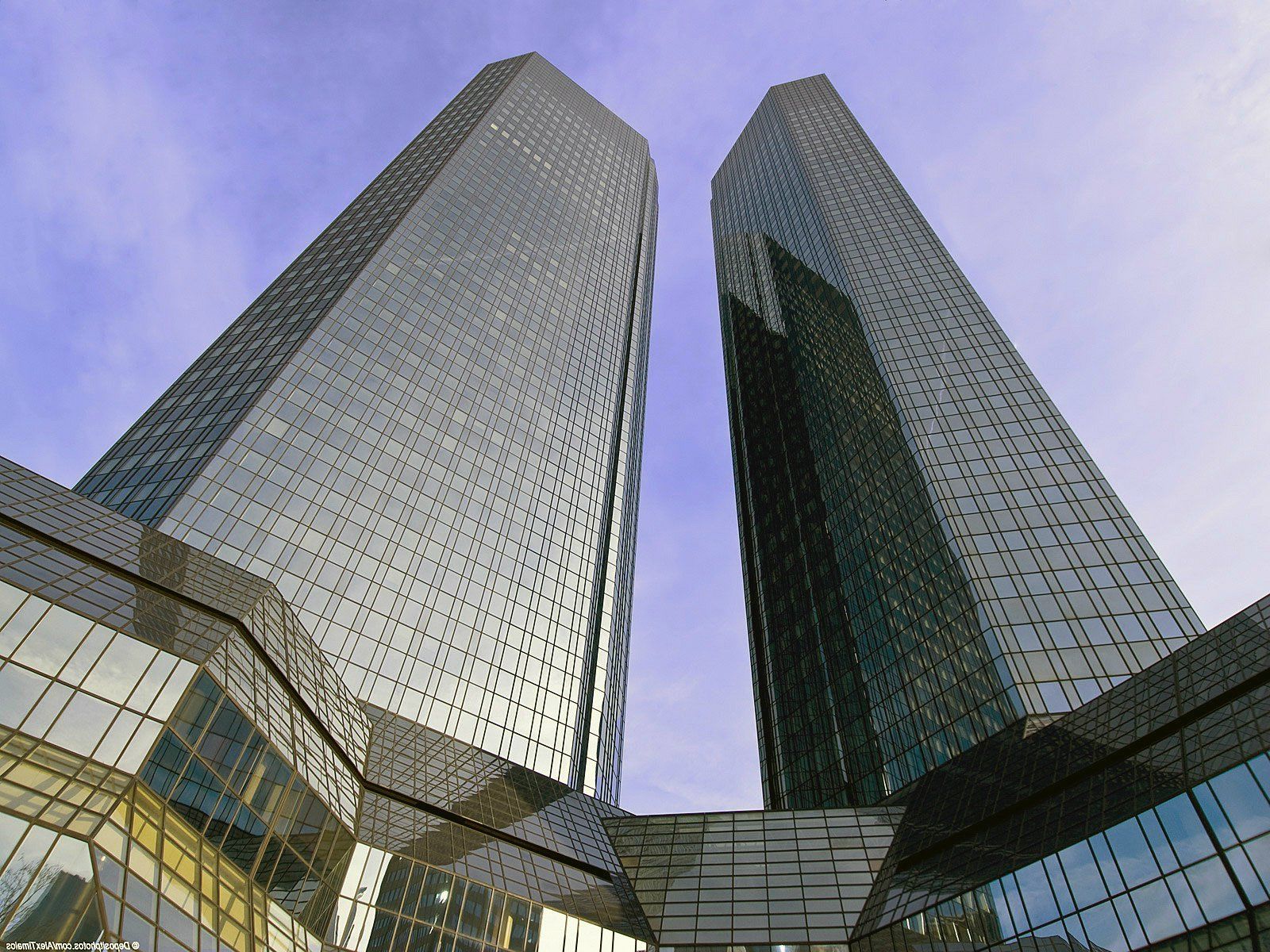Have you ever paused to consider the journey of your last grocery purchase? It’s intriguing to think about how that single apple made its way to your kitchen, often having traveled thousands of miles, picked by hands you’ll never meet, each with its own untold story. Enter blockchain technology—a tool that helps illuminate these stories and injects transparency into the often opaque supply chains we rely on. It’s akin to slipping on a pair of glasses that reveals the entire journey of our food—from farm to table.
What truly captivates me is the potential of this technology to transform consumer trust. Imagine a world where you could simply scan a QR code on a food product and access its complete history. Wouldn’t that shift your perspective on what you buy? It’s like peering into the inner workings of a complex machine that typically feels detached from our daily lives. In various cultures, food carries deep historical significance, with traditions handed down through generations. Through blockchain, we could appreciate these rich connections, deepening our affection for and commitment to supporting local producers.
Fostering Sustainability
When I think about the future, I can’t help but be curious about how blockchain can encourage sustainable practices, particularly in industries known for their substantial environmental impacts. One industry that comes to mind is fashion. We frequently hear about the drastic costs of fast fashion—clothes churned out en masse, used a handful of times, and then tossed aside. Just last week, I stumbled upon a local boutique that employs blockchain technology to track its clothing production processes, ensuring fair labor practices and responsible sourcing of materials. It felt wonderful to support a brand that genuinely cares about its environmental and social footprint.
Sustainability can sometimes seem like an abstract concept, but blockchain has the power to transform lofty ideals into tangible actions. When consumers can verify that their clothing originated from ethical sources—places that prioritize environmental stewardship and human dignity—it fosters a genuine connection. Sustainability becomes more than a trend; it evolves into a commitment backed by a clear, transparent system that holds itself accountable at every turn. How can we deepen our connection with the products we choose? Perhaps it begins by being insistent about knowing their origins.
Combatting Counterfeit Goods
Counterfeit goods have long plagued various industries, and the mere thought of unknowingly purchasing a fake luxury handbag is disheartening. But what if we could eliminate that anxiety entirely? I came across a cosmetics company that uses blockchain to trace its ingredients from their sources all the way to the store shelf. This level of transparency instills confidence in consumers, reassuring us that we’re investing not just in a brand name, but in true quality and authenticity.
This notion extends beyond cosmetics—electronic devices, pharmaceuticals, and even food products stand to gain from such transparency. I remember a time when I thought I was buying a top-notch electronic device, only to discover later it was a counterfeit. That experience was deeply disappointing and underscores how blockchain technology can empower consumers. If we can track products back to their origins, we’ll be in a position to make informed choices and shield ourselves against substandard goods. Isn’t it comforting to envision a future where such issues are substantially reduced?
Building Stronger Relationships
At its core, blockchain technology is not merely about transactions or data; it’s about nurturing relationships—between consumers and producers, businesses and their supply chains, and even within local communities. Last summer, I visited a farmer’s market where one vendor had adopted blockchain to transparently share their farming practices. I had the chance to chat with them about their methods, check out their certifications, and foster a connection that went beyond the typical buyer-seller dynamic.
Utilizing blockchain to forge stronger bonds within the supply chain is truly unique. It cultivates a sense of community where producers feel empowered to share their challenges and successes. When we humanize the supply chain through transparency, we celebrate the artisans, farmers, and workers behind our products. Wouldn’t it be rewarding to know that each purchase reflects a narrative of hard work and integrity? I believe that such shared experiences can not only transform industries but also enrich the very fabric of our society.
A Future of Commitment
As I look to the future, I’m filled with optimism about the potential for blockchain technology to reshape our world into one where transparency is standard. Imagine making informed choices about every product you use daily, with the assurance that each purchase supports sustainable practices and authentic craftsmanship. It’s like planting a seed that could flourish into a thriving ecosystem of responsible consumerism. Looking to go even deeper into the topic? mouse click the following article, we’ve put this together just for you. Here, you’ll find valuable information to expand your knowledge of the subject.
As we navigate this uncharted territory, it will be up to us—the consumers, businesses, and communities—to advocate for and uphold transparency. What narrative do we want our purchases to convey? I invite you, as a fellow traveler on this journey, to contemplate this question and envision a reality where every purchase aligns with your values and beliefs. Together, let’s continue exploring the intriguing intersections of technology, culture, and our everyday choices!
Enhance your understanding with the related posts we’ve chosen. Happy reading:



